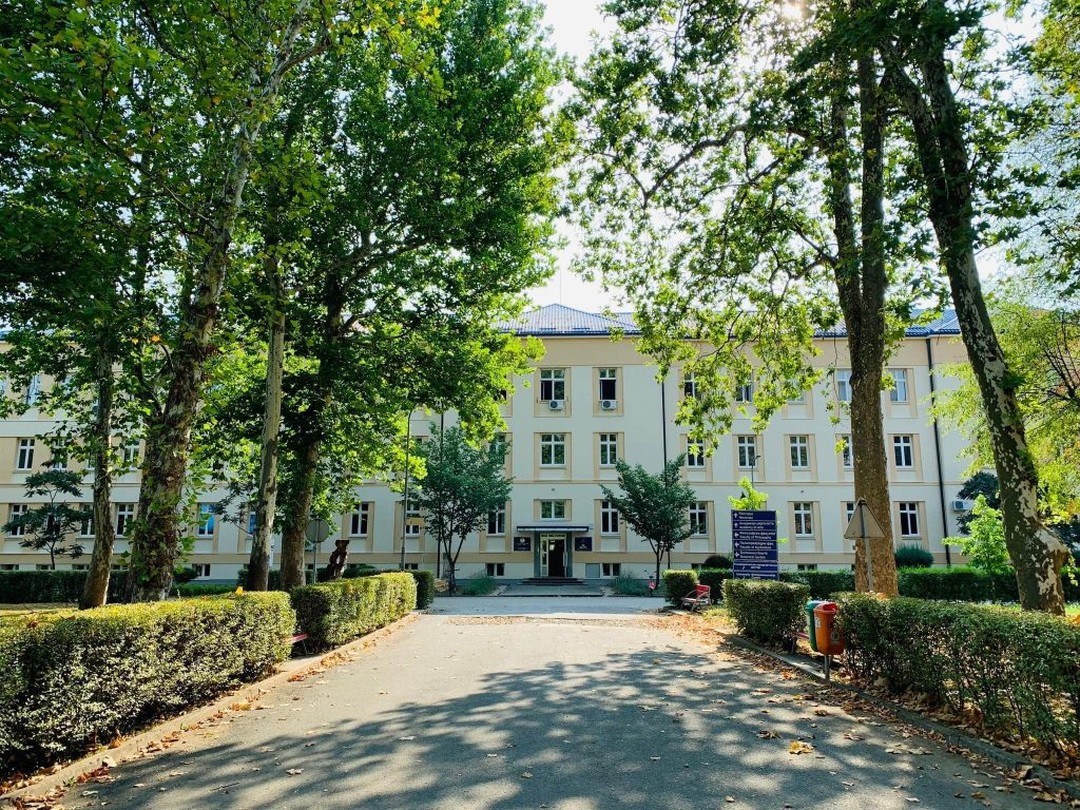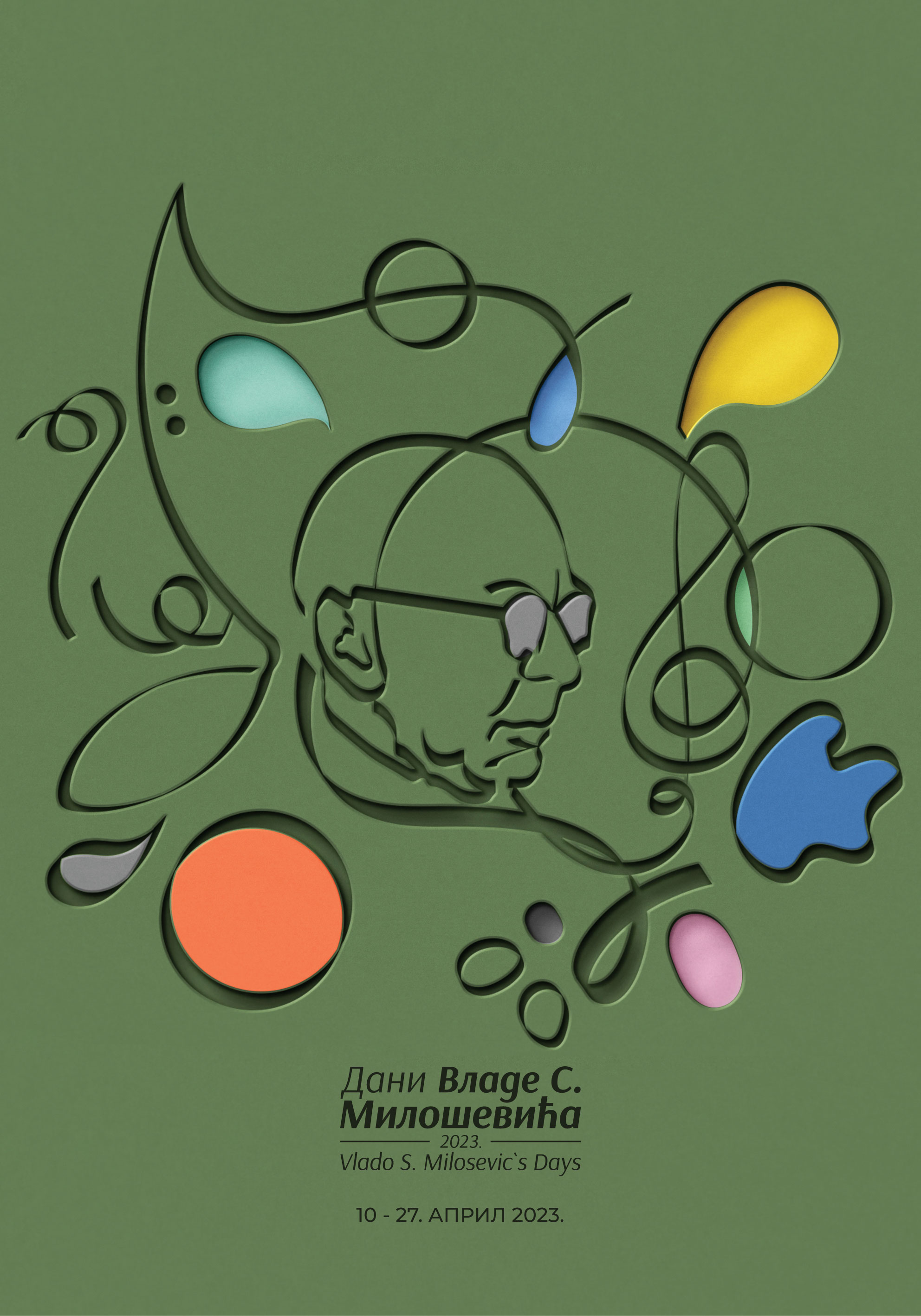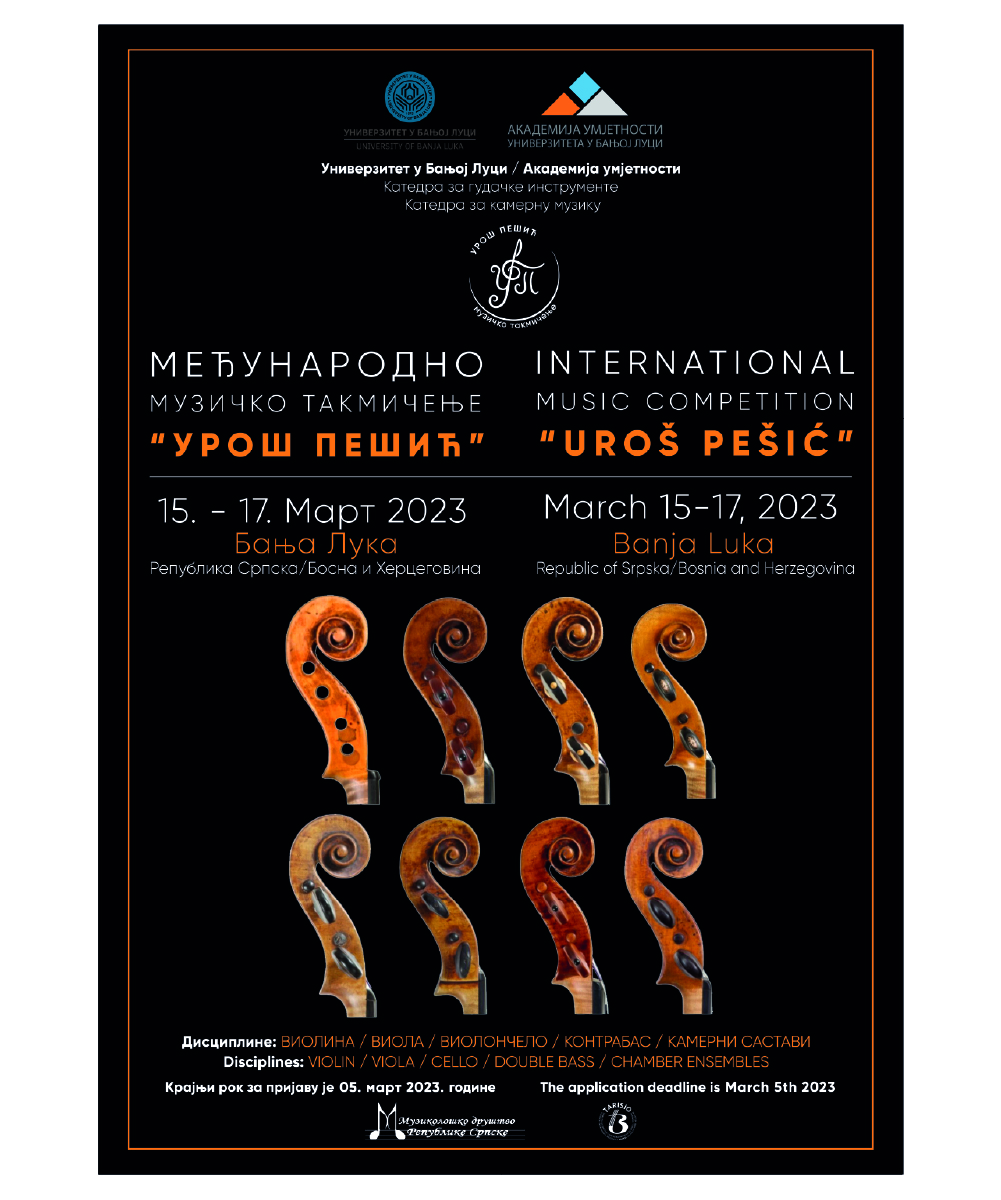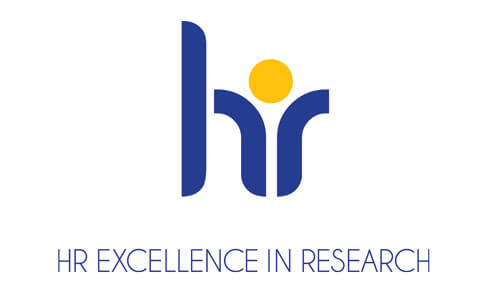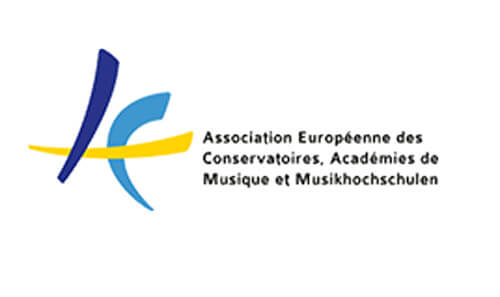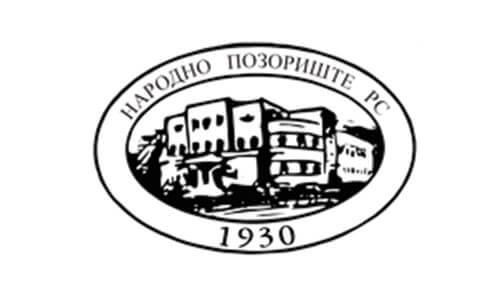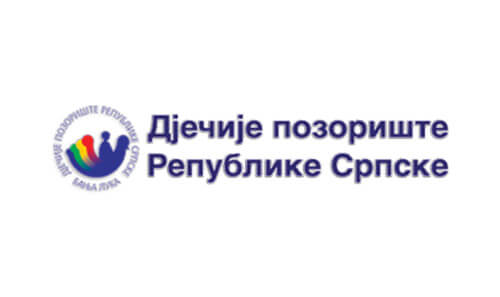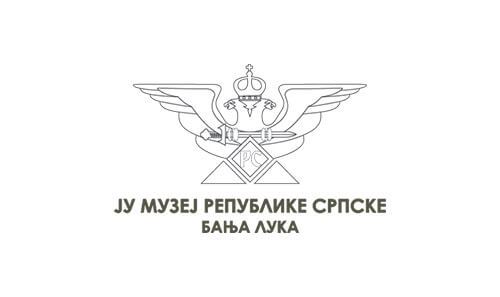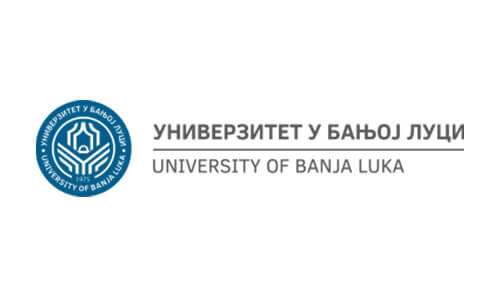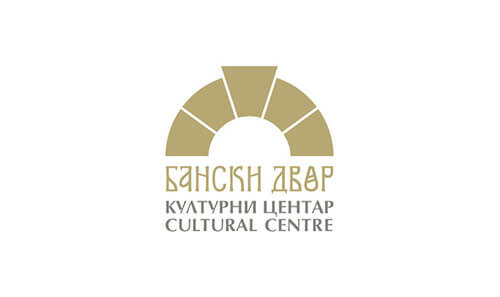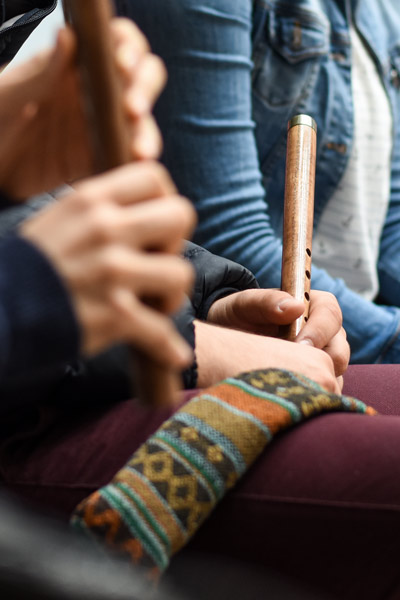
Department of Ethnomusicology
-
Who enrolls in Department of Ethnomusicology?
The Department of Ethnomusicology is intended for students who, besides musical knowledge, have abilities for researching cultural and musical heritage and understanding the context of traditional music throughout history. Ethnomusicology is the science of traditional art (creation) and it is the only field of science in Music Arts Programme. This department is chosen by students who strive for specific knowledge that allows them to develop themselves according to their own interests. Everyone who wants to explore live music practice in the village and the city, rich archival material, traditional knowledge and skills related to singing traditional songs, playing traditional instruments or playing traditional games (dances) of a certain region is welcome. At this department, field, professional, scientific, creative and artistic work are interwoven and also supported by appropriate methodology or methods.
Studies
Undergraduate/bachelor's studies last for four years (8 semesters) and end with a diploma thesis. Master's studies last for one year (2 semesters) with a final master's thesis.
The purpose of ethnomusicology studies is to adopt appropriate professional knowledge from related academic educational subjects, theoretical-methodological subjects, i.e., artistic and vocational, and vocational and applied subjects in music. The dominance of the main subject (Ethnomusicology) and the subject most closely related to the profession (Ethnochoreology) are present during all eight semesters and form the backbone of the study programme. These subjects are complex and highly interdisciplinary. We provide the ethnological and ethnocultural perspective of the studies by Folk Literature, Applied Ethnomusicology, and Ethnology courses. The courses that specifically emphasize the segments of folk tradition are the Morphology of Traditional Song and Performance of Traditional Music.
In addition to the regular teaching process, which includes the study of relevant literature and exciting fieldwork as a form of compulsory practice, our students have the opportunity to publish the results of their field research at scientific conferences. Apart from this, our students participate in interdisciplinary projects and cultural events which are organized by Academy of Arts and Musicological Society of the Republic of Srpska (Vlado S. Milošević’s Days; Scientific conference: V. Milošević: ethnomusicologist, composer and educator; Tradition at Scene)
-
What after studies?
At our department, we educate future experts and researchers in cultural institutions, music arts theorists in cultural institutions, curators in museums with ethnological departments, music associates on radio and television, teachers in primary and secondary music schools, artistic directors of vocal and instrumental ensembles and choreographers in cultural and artistic societies and cultural centers. Their professional activity should contribute to the collection, recording, and systematization of traditional music and dance, but also to discovering the laws and principles that govern the vocal, vocal-instrumental, and instrumental musical tradition of the peoples and national communities of the Republic Srpska, from ancient times to the present day. A wide range of professional roles in cultural institutions, teaching practice, and research space requires profiled, socially responsible, and independent experts whose professional activity should contribute to the development of ethnomusicology and heritology as general sciences of cultural heritage.
Department of Ethnomusicology
Dragica Panić Kašanski, PhD, associate professor
-
Application Process
Applications are submitted to Student Administration Offices of the Academy of Arts. Entrance requirements for Bachelor studies (1st cycle studies) include a four-year secondary school degree and a successfully passed entrance examination.
During the Application Process, candidates must submit:Documentation
For more information, please contact us.
-
Entrance exam
Main subject (candidates should read 5 works in the field of ethnomusicology and interviewed about them – the names of the works will be available online)
Solfeggio, Piano Etude; Polyphonic composition - Bach: two-part or three-part inventions, French suites - selection; The first movement of the sonata - the sonatas of Haydn, Mozart or Beethoven – free choice; Composition of your choice. The program is played from notes.
Written and oral examinations in Music Theory, Harmony and Musical Forms.Consultation
There are organized consultations during preparatory classes for the entrance exam.
Dragica Panić Kašanski, PhD
Department of Ethnomusicology
Sofija Vučićević, assistant
Department of Ethnomusicology
-
Ranking list
The right to be presented on the ranking list is achieved by the candidate who has passed the entrance exam which estimates the skills and talents of candidates (aptitude test) and which is determined by the Academy of Arts.
The ranking list of the candidates for the enrolment in this art programme is determined according to:- General success achieved in secondary education (success in all subjects and grades of a four-year high school)
- Results achieved in the entrance exam or the aptitude test.
The number of points achieved on the basis of general success is obtained by multiplying the average grade in all subjects of a four-year high school by the number 10 (ten)
At the entrance exam or aptitude test, the candidate can achieve from 0 (zero) to 50 (fifty) points. According to both criteria, it is possible to achieve a maximum of 100 (hundred) points. Candidates who did not achieve more than 15 points in the entrance exam are not eligible for enrollment.
02.
Master studies
After successfully completing the Master studies and defending the final thesis, the title of Master of Music in Ethnomusicology is obtained - 300 ECTS.
The Curriculum for Ethnomusicology is not available in this moment.
-
Application Process
Applications are submitted to Student Administration Offices of the Academy of Arts. During the Application Process, candidates must submit:
Documentation
For more information, please contact us.
Enrollment requirements
Master studies can be enrolled by the candidates who
- have earned: a four-year Bachelor’s degree, i.e., 240 ECTS credits; a minimum overall GPA of 8.0 at Bachelor’s studies and 9.0 in diploma/final examination, and
- have successfully passed entrance examination
-
Entrance exam
Requirements:
- The paper that corresponds in scope and content to the final / graduate thesis in Bachelor’s studies in the field of ethnomusicology, ethnochoreology, ethnology or similar scientific disciplines in the Department of Ethnomusicology
- The interview between the candidate and the Commission. They will talk about the paper mentioned in the paragraph above and other candidates’ interests.
Consultation
There are organized consultations during preparatory classes for the entrance exam.
Dragica Panić Kašanski, PhD
Department of Ethnomusicology
Sofija Vučićević, assistant
Department of Ethnomusicology
-
Rank list and enrollment
The right to be ranked on a unique ranking list is attained by a candidate who has passed the aptitude test. The Academy determines the order of candidates who have passed the entrance exam according to the number of total points achieved.
- The ranking list of candidates for the enrollment in the study program of the first year of the second cycle of studies is determined on the basis of:
- General success achieved during the first cycle of studies (average grade during studies)
The results obtained in the entrance examination or the aptitude test.
The number of points achieved on the basis of success in the first cycle of studies is obtained by multiplying the average grade by the number 5 (five).
At the entrance exam or aptitude test, the candidate can achieve from 0 (zero) to 50 (fifty) points. According to both criteria, it is possible to achieve a maximum of 100 (hundred) points. Candidates who did not achieve more than 15 points in the entrance exam are not eligible for enrollment.

